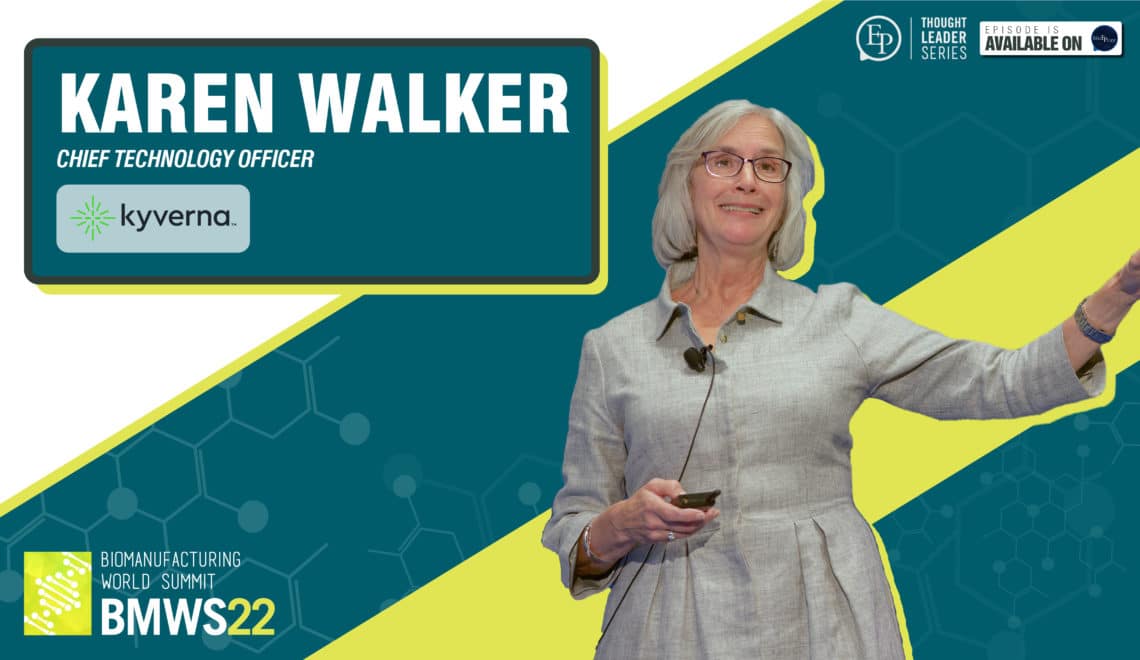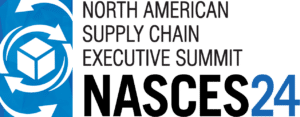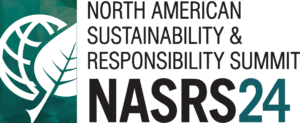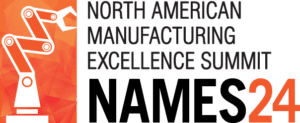- Industry evolution at a glance
- Donor Variability, the greatest source of variability for cell therapies. Thoughts on characterizing and accommodating this variability
- Process considerations for Autologous CAR and the importance of a good data ecosystem to provide insight and understanding to this highly complex therapeutic modality
- Brief introduction to Kyverna
—

Chief Technology Officer
Kyverna Therapeutics
Karen Walker, Chief Technology Officer, Kyverna Therapeutics. Karen brings >30 years’ experience in the biotech industry, holding positions in Technical Development, Regulatory Affairs and Quality. She has worked in a number of companies including Roche/Genentech, Seattle Genetics, Novartis, Amgen, Bayer, and several other small to mid-sized biotech companies.
Her experience with Cell and Gene Therapies includes serving in the role of Senior Advisor for Cell and Gene Therapy at Roche/Genentech from 2019- Aug 2021 at which time she joined Kyvernta Therapeutics. As Sr. Advisor, Karen advised the RGNE community on aspects of development and industrialization of cell-base and gene-based therapies (ATMPs) across the development lifecycle including topics important for patient engagement, supply management, control strategy development and linking the data across the different areas of research, clinical development and CMC to gain insight into how the products perform with respect to safety, efficacy and durability of benefit. Prior experience included serving as VP and Global Head of Technical Development and Manufacturing for Novartis’ Cell and Gene Therapy Unit where she led the CMC teams through the formation of the strategies and the execution of those strategies to develop Kymriah through the pivotal trial stage and to filing of the first CAR-T BLA in Pediatric ALL.
Karen’s years of experience in Biopharma Technical Development, Quality, Regulatory CMC, and Manufacturing (including Cell and Gene Therapy), both within the US and Europe have contributed to honing a mind-set and approach that is strategic, forward looking and adaptive. The challenges that are present in the development of ATMPs, including shortened development time (4 years faster than traditional pharmaceutical or biopharmaceutical products), complex supply chains including supply security for single patient delivery, largely poorly characterized and poorly understood product mechanism of action, rapidly evolving technology and changes to the way we work, are all inspiring and energizing as the field of ATMPs emerges and evolves.
A strong focus of Karen in this emerging field has been active external engagement with industry/trade organizations and dialogue with Health Authorities and Standards bodies to influence the regulatory framework for these products and advocating for stronger harmonization across regions.















